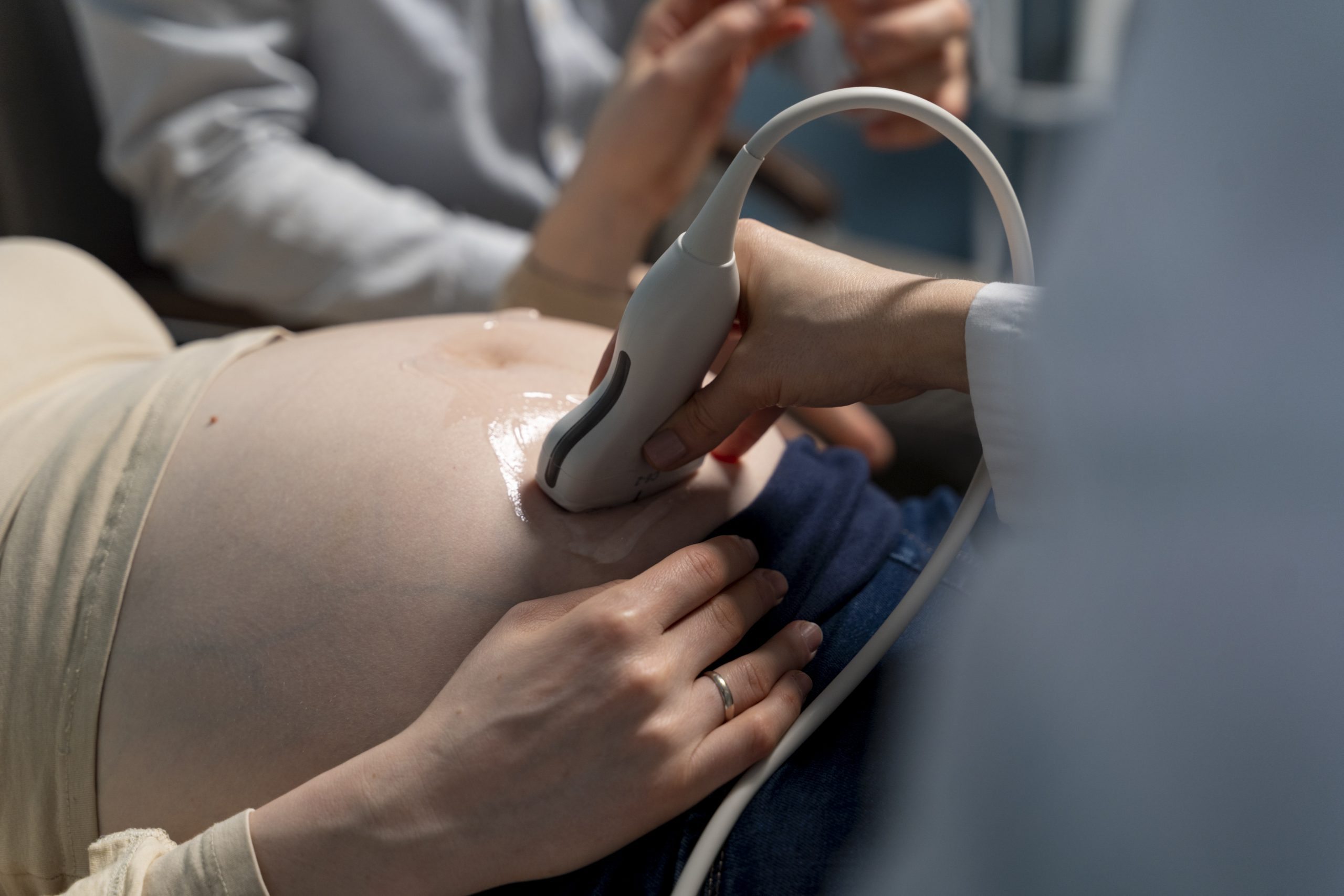What is Eclampsia?
Imagine pregnancy is a rollercoaster ride—mostly thrilling but sometimes with unexpected twists. Eclampsia is one of those sharp turns you never see coming. It’s a rare but severe condition that develops in women with preeclampsia, a pregnancy complication marked by high blood pressure and protein in the urine. When preeclampsia escalates to seizures, that’s when we’re dealing with eclampsia! These seizures can cause uncontrollable shaking, confusion, and even unconsciousness. And guess what? It can still occur after childbirth, known as postpartum eclampsia.
If left untreated, eclampsia can be dangerous for both mom and baby—so getting medical help ASAP is crucial!
What Causes Eclampsia?
Doctors believe eclampsia stems from placental issues that disrupt blood flow between mom and baby. While the exact cause is still a mystery, some factors can increase the risk of developing it:
- A history of preeclampsia in previous pregnancies.
- Chronic high blood pressure or kidney disease.
- First-time pregnancy or pregnancy with a new partner.
- Carrying multiples (twins, triplets—you name it!).
- Extreme age brackets (younger than 18 or older than 35).
- Obesity or diabetes.
Signs & Symptoms of Eclampsia
Your body often drops hints before eclampsia strikes, so paying attention to warning signs can be a game-changer.
Early Red Flags:
- Severe headaches that just won’t quit.
- Blurry vision or seeing double.
- Nausea or vomiting (not the usual morning sickness!).
- Pain in the upper right abdomen.
- Swelling in the hands, face, or ankles.
Serious Symptoms of Eclampsia:
- Seizures (yep, the full-on shaking kind!).
- Severe confusion or disorientation.
- Loss of consciousness.
If you notice any of these signs, run (or waddle) to your doctor immediately!
How is Eclampsia Diagnosed?
Eclampsia is usually diagnosed after a seizure, but doctors can also confirm it with:
- Blood pressure checks to monitor for hypertension.
- Urine tests to detect protein levels.
- Blood tests to check for kidney and liver function.
- Creatinine tests to assess waste levels in the body.
How is Eclampsia Treated?
When it comes to eclampsia, delivering the baby is the best cure. Once the baby is born, symptoms usually start improving. However, doctors may use the following treatments to manage the condition before delivery:
- Seizure Control: Magnesium sulfate is given via IV to prevent or stop seizures.
- Blood Pressure Medications: Drugs like labetalol or hydralazine help keep BP in check.
- Alternative Anticonvulsants: If magnesium sulfate doesn’t work, doctors may use benzodiazepines.
Does Eclampsia Affect Fertility?
The good news? Eclampsia doesn’t directly cause infertility. But it can complicate pregnancy by affecting the placenta’s function. Some possible risks include:
- Placental abruption (detachment from the uterus before delivery).
- Stillbirth.
- Increased chance of C-section.
- Preterm labor and low birth weight.
Can Eclampsia Impact Future Pregnancies?
While most women recover fully, having eclampsia once means there’s a chance it could happen again. Future pregnancy risks include:
- Recurring preeclampsia.
- Placental dysfunction.
- Preterm delivery.
How to Reduce Your Risk of Eclampsia
Prevention is always better than cure! Here’s how you can lower your chances of developing eclampsia:
- Attend all prenatal checkups (seriously, don’t skip them!).
- Consider low-dose aspirin in the first trimester (if advised by your doctor).
- Watch out for preeclampsia symptoms and inform your doctor ASAP.
- Manage underlying health conditions like high blood pressure or diabetes.
Eclampsia & Assisted Reproductive Technologies (ART)
If you’re using IVF or other fertility treatments, keep in mind that they can increase the risk of preeclampsia and, in turn, eclampsia. Some ART-related factors include:
- Frozen embryo transfers.
- Hormonal stimulation.
- Use of donor sperm or embryos.
Planning Pregnancy After Eclampsia? Here’s What You Can Do!
If you’ve had eclampsia before and are planning for another baby, consider making these lifestyle changes:
- Cut down on salt and sugar.
- Eat nutrient-rich foods.
- Stay active (even a 30-minute walk helps!).
- Manage stress with relaxation techniques.
- Reach a healthy weight before conceiving.
When to Seek Medical Help
Don’t ignore these red flags during pregnancy:
- New or worsening seizures.
- Severe headaches or vision loss.
- Intense abdominal pain.
- Vaginal bleeding.
- Decreased or no fetal movement.
Final Thoughts
Eclampsia is serious but manageable. With early detection, proper treatment, and lifestyle changes, most women recover completely and go on to have healthy pregnancies. Stay informed, listen to your body, and don’t hesitate to reach out to your doctor if something feels off. You got this, mama! 💪💜

